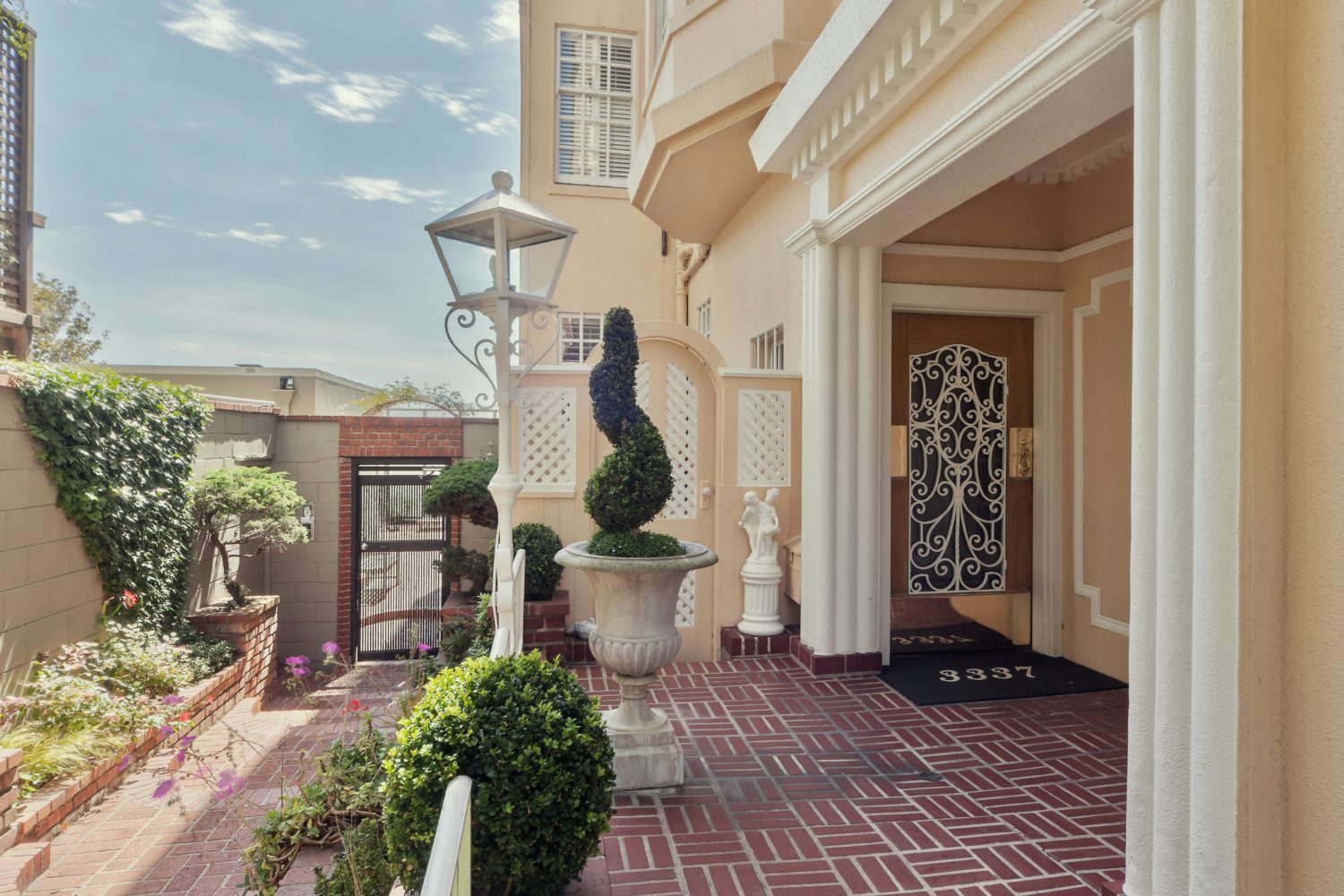When it comes to securing your property, gates play a vital role. Whether you’re safeguarding a commercial facility, a warehouse, or even a residential area, the right gate can significantly enhance your security measures. However, with the vast variety of security gates available, choosing the right one is not always straightforward. This article provides six practical tips to help you select the best security gate for your needs. Implementing these strategies will help protect your premises, ensure the safety of your assets, and give you peace of mind.
1. Understand the Purpose of the Gate
Before choosing a security gate, you need to be clear on its purpose. Are you securing an industrial complex, a gated community, or a small business? Each of these environments requires different levels of security, and understanding the specifics will guide you toward the right type of gate. For instance, a gate that is suitable for a residential home may not be strong enough to protect a commercial facility that deals with high-value inventory.
Moreover, consider the traffic that will pass through the gate. Will the gate be used frequently, or only occasionally? If you expect high traffic, you’ll need a gate that can withstand constant opening and closing without compromising on security. Additionally, consider whether the gate will be manned by security personnel or will rely on automated systems. Automated gates may require a higher level of security integration, like keycard or biometric access. Knowing your purpose is the first critical step in selecting the right gate.
2. Choose the Right Gate Design for Your Needs
The design of the gate is not only about aesthetics but also about function. Swing gates, sliding gates, and cantilever gates each offer distinct advantages depending on the layout of your property and the type of access you need. Swing gates, for example, are ideal for properties with ample space since they require room to open fully. On the other hand, sliding gates are excellent for tighter spaces where a swing gate may be impractical.
For commercial and industrial applications, cantilever gates are highly recommended due to their robust structure and ability to operate efficiently in various weather conditions. This type of gate doesn’t touch the ground, which reduces wear and tear and makes it ideal for sites where frequent gate operation is necessary. The gate design should always align with the space and layout you are working with to ensure efficient operation and optimal security.
3. Prioritize Material Strength and Durability
The strength and durability of your gate’s material should be one of your top priorities. Common materials used in security gates include steel, aluminum, and wrought iron. Steel is often favored for its superior strength, while aluminum offers the advantage of being rust-resistant and lightweight. Wrought iron gates, on the other hand, provide a traditional and highly durable option.
It’s crucial to assess the durability of the material, especially if your gate will be exposed to harsh weather conditions. In areas with heavy snowfall or rain, rust-resistant materials like aluminum or galvanized steel are essential. For environments that require extra toughness, consider opting for heavy duty security gates which are designed to endure extreme pressure and provide an additional layer of defense, making them ideal for protecting high-risk properties. Whichever material you choose, ensure that it is robust enough to withstand potential security breaches while also lasting for years to come.
4. Evaluate Security Features
A gate is only as effective as its security features. Modern security gates come equipped with a variety of features to enhance protection, and choosing the right ones can make all the difference in keeping your property secure. Start by assessing the type of locking mechanism the gate uses. Heavy-duty locks, reinforced with electronic systems, are often the best option for commercial properties. Automated gates with keycard access or biometric scanners ensure that only authorized personnel can gain entry, adding an extra level of control.
In addition to the locking mechanism, consider integrating your gate with surveillance systems. Motion-detecting cameras and alarms that activate when the gate is tampered with can provide real-time monitoring and quick response in case of unauthorized access attempts. Gates that are connected to a broader security system, including cameras and alarms, offer a more comprehensive approach to safeguarding your property.
5. Ensure Compliance with Local Regulations
When choosing a security gate, you must be aware of local regulations and compliance standards. Depending on the jurisdiction and the type of property being secured, there may be specific requirements that your gate must meet. This could include height restrictions, safety features like emergency exit access, and electrical safety standards for automated gates.
Neglecting to follow these regulations can result in fines, forced modifications, or the removal of your gate altogether. It is especially important for commercial and industrial properties, where strict regulations often apply. Before purchasing and installing your gate, consult with local authorities or a professional security consultant to ensure that you are fully compliant with all legal requirements.
6. Think About Long-Term Maintenance and Support
Once your gate is installed, long-term maintenance will be necessary to ensure its continued effectiveness. Regular maintenance can prevent costly repairs and extend the life of your gate. If the gate is automated, you will need to service the motor and electrical components periodically. Manual gates may require lubrication of hinges and inspection of locks to prevent rust and wear.
When choosing a gate provider, inquire about warranties and support services. A good provider should offer long-term maintenance plans, ensuring that your gate remains in optimal condition. If your gate malfunctions or sustains damage, having access to quick repairs can save you from security vulnerabilities. Think of your gate as an investment, one that requires proper care and support to maintain its protective capabilities for years to come.

Choosing the right security gate involves much more than picking a barrier for your property. It requires careful consideration of your security needs, gate design, material strength, and long-term maintenance. By following these six practical tips, you can ensure that your security gate provides the protection your property requires. Whether you opt for a manually operated or automated gate, the right choice will offer peace of mind and a strong defense against unauthorized access. Make your decision wisely, as the right gate will serve as the first line of defense for your premises for many years.







